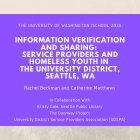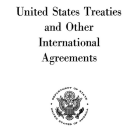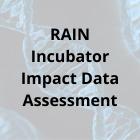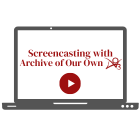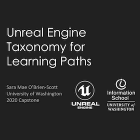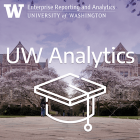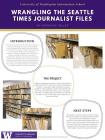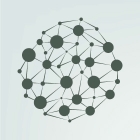
Extending Health Intervention Representation Through Annotations
The Cost-Effectiveness Meta-Regression team at the Institute for Health Metrics and Evaluation (IHME) informs health policy by conducting analyses exploring the cost-effectiveness of health service provisions. This project aims to simplify the maintenance of IHME’s Health Interventions Taxonomy (HIT), while exploring the potential for resource enrichment through annotations. This project resulted in an evaluation of HIT and workplan for improvements, alongside a prototype system demonstrating the benefits of using an ontology for representing and processing the datasets. The evaluation and workplan provides a guide for IHME researchers to transition their taxonomy into a formal knowledge organization system.

